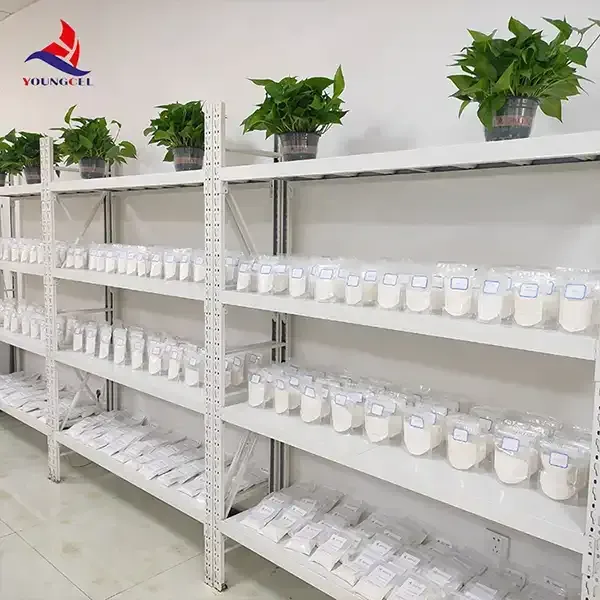The Significance of Cellulose Coating in Modern Applications
Cellulose coating, derived from natural cellulose fibers, has emerged as a critical material in various industries due to its unique properties and environmental benefits. As the world moves towards more sustainable practices, the utilization of cellulose coatings has gained attention for its versatility and effectiveness.
Cellulose, a biopolymer found in the cell walls of plants, offers several beneficial qualities when used as a coating material. It is biodegradable, making it an eco-friendly alternative to synthetic coatings that contribute to environmental pollution. This property is particularly important as industries increasingly seek to minimize their ecological footprint. Cellulose coating can decompose naturally, reducing waste and promoting a more sustainable lifecycle for products.
One of the primary applications of cellulose coating is in the food packaging industry. With rising concerns about food safety and preservation, cellulose coatings provide an effective barrier against moisture, oxygen, and contaminants. These coatings not only extend the shelf life of perishable products but also ensure that food maintains its freshness and nutritional value. Additionally, cellulose coatings are non-toxic and safe for direct contact with food, addressing consumer health concerns.
cellulose coating

In the realm of textiles, cellulose coatings have been applied to enhance the durability and water resistance of fabrics
. By creating a protective layer, cellulose coatings can improve the performance of textiles, making them more suitable for outdoor and high-moisture environments. This application has significant implications for the fashion and outdoor gear industries, where there is a demand for both functionality and aesthetic appeal.Moreover, cellulose coatings are gaining traction in the pharmaceutical sector. Their biocompatibility and ability to control drug release mechanisms make them ideal for coating tablets and capsules. This controlled release not only enhances the bioavailability of medications but also improves patient compliance by minimizing side effects. The use of cellulose coatings in pharmaceuticals exemplifies the material's adaptability and crucial role in advancing healthcare solutions.
As industries continue to innovate, the research and development of cellulose coatings are expanding. Scientists are exploring techniques to enhance the properties of cellulose through modifications and the incorporation of other materials. Such advancements may lead to even broader applications, including coatings for electronics, biodegradable plastics, and agricultural products.
In conclusion, cellulose coating represents a significant step towards sustainable manufacturing and product development. Its myriad applications across food packaging, textiles, and pharmaceuticals highlight its versatility and efficacy. As the demand for environmentally friendly materials rises, cellulose coatings are poised to play a vital role in shaping a greener future, offering effective solutions that cater to both consumer needs and ecological responsibilities.
-
A Comprehensive Guide to Methyl Ethyl Hydroxyethyl Cellulose: Applications and Industry InsightsNewsNov.24,2025
-
Understanding Methyl 2 Hydroxyethyl Cellulose: Uses, Benefits & Industry InsightsNewsNov.24,2025
-
Hydroxyethyl Methyl Cellulose HEMC: Industrial Uses, Benefits & Future TrendsNewsNov.23,2025
-
HEMC Cellulose: Versatile & Sustainable Industrial Polymer | YoungcelNewsNov.23,2025
-
Methyl Hydroxyethyl Cellulose: Versatile Building Block for Industry & SustainabilityNewsNov.23,2025
-
CAS 9032 42 2: Understanding Polyvinyl Alcohol's Impact on Industry & SustainabilityNewsNov.22,2025




